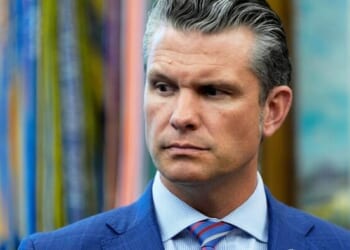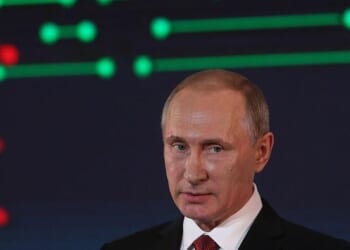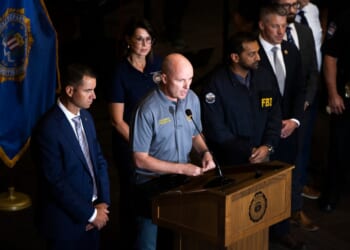As we come to the end of this series, there is time for one final song for the unsung, a sort of swan song, a final elegy and eulogy for those unknown heroes and heroines whose passing from this life went unheeded and unheralded but who have been sung to their rest by ministering angels. Whereas those who have been the focus of the previous essays have all left their mark on history in the sense that their names are known to posterity, albeit not as well-known as they should be, this final song will be of the nameless ones, the vast majority of humankind, whose names have been completely erased from the historical record.
The nameless ones are those whose names are no longer legible on the weather-worn tombstones that mark their resting place. They lived, to be sure; they loved and were loved, we can assume; they might have had children who also had children of their own, and whose children’s children are oblivious of their ever having lived. Their sins are forgotten as are their virtues.
These nameless and unrecorded ones remind us that history comes in two forms. There is recorded history, which is documented and written about and studied, and there is unrecorded history, which is all that has ever happened in the past, known and unknown, documented and undocumented. The former is miniscule in relation to the latter, the mere tip of the historical iceberg.
These hidden heroes of Christendom, these nameless ones, are the saints who are known to God, if unknown to us. They are those who are forgiven by Him, if forgotten by us, who now enjoy His eternal Presence in Heaven. Having been good and faithful servants and soldiers in the Church Militant, they now enjoy their triumph in the Church Triumphant.
Who are they?
They are those who suffered for the Faith in times of persecution. They are the martyrs of the Early Church, who are not listed with the saints because their names are not known. They are those who hid priests during the Tudor Terror in England, putting their lives at risk, or those imprisoned or forced into exile because they would not abandon their faith.
They are the victims of plagues and the victims of war, whose lives were cut tragically short. They are those killed by guillotine, gulag, and gas chamber; and those incinerated by the bombs of blitzkrieged London, carpet-bombed Dresden, and atomic-bombed Hiroshima and Nagasaki.
And then there are those humble souls who lived quiet uneventful lives in relatively quiet and uneventful times. They are the simple laborers in the vineyard, the sowers of seeds, the shepherds, and the craftsmen. They are the meek who inherited nothing but the earth in which they were laid.
Perhaps these musings on unsung heroes should conclude with a brief meditation on the Tomb of the Unknown Soldier at Arlington National Cemetery, the burial site of a World War I soldier whose remains were unidentifiable. It is right and just (dignum et justum est) that Caesar should honor the unknown warrior in this way; but it is much more right and just that Christ should honor those unknown heroes who have fought the good fight through so many centuries.
If Christ so honors these humble souls by raising them from the tomb into His Kingdom in Heaven, it is surely incumbent upon us to honor them also. In doing so, and in doing what they did, we might hope to be where they are. Through their prayers and by the grace of God, we might hope to join the unsung heroes of Christendom in the song of songs that never ends.
This article was originally published on Crisis Magazine.












